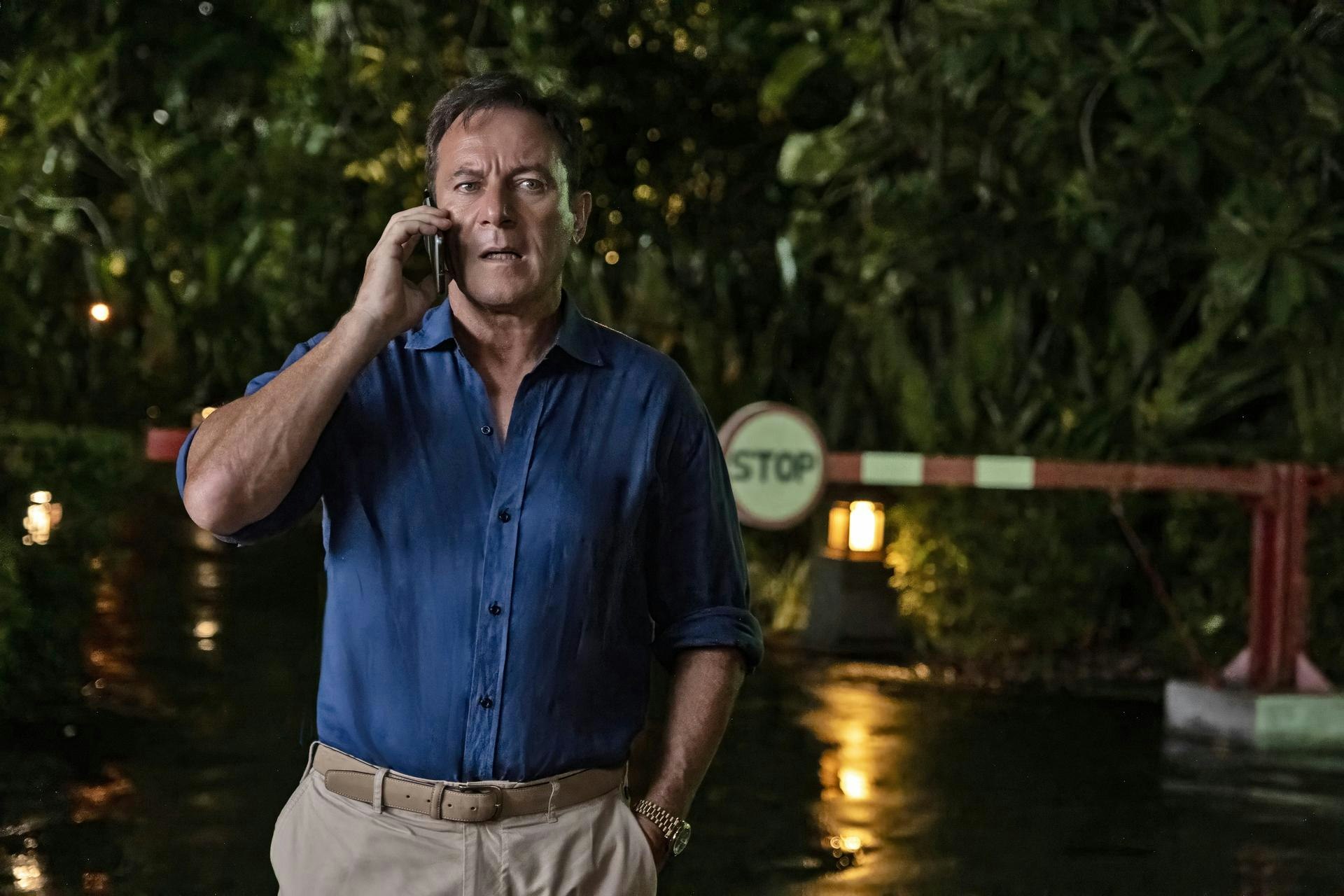Fiction and drama are filled with unhappy financiers, but the real world is very different
This article is taken from the July 2025 issue of The Critic. To get the full magazine why not subscribe? Right now we’re offering five issues for just £25.
Can a banker ever be truly happy? It is a question pondered by prophets and poets down the ages — and it now has a new cultural urgency. I blame Jesus.
Until our Saviour upended the money lenders’ tables and moralised about camels squeezing through the eyes of needles, the rich and the powerful were literally the masters of the universe with cults and temples created in their names.
Then it was Shakespeare who created the enduring meme of the financier as tragic hero. The Bard’s depiction of Shylock has kept the literary critics busy for four centuries, but what most overlook is the fact this is the first recorded example of an investment banker having a bust-up with his teenage daughter. “Our house is hell!” moans Jessica, as she storms off to elope with Lorenzo.
In the 1980s, writers dialled up the characterisation of bankers to new extremes with the cocaine-snorting serial killer Patrick Bateman and the brooding asset-stripper Gordon Gekko.

Now, we are witnessing a resurgence in stories chronicling the godlessness, family strife and degeneracy of the folks of high finance. The most recent season of The White Lotus focused on a strung-out Carolinian banker, played by Jason Isaacs, visualising his suicide and struggling to make his peace with the Almighty — whilst the SEC investigates his dodgy trades.
Another new TV show, Your Friends and Neighbours, features Jon Hamm as a fallen Wall Street titan turning to house burglary to make ends meet — and at the same time arguing with his daughter about her choice of boyfriends.
Meanwhile, the British series Industry offers a faint echo of the moral bankruptcy of young bankers first vividly chronicled by Bret Easton Ellis 40 years ago.
I don’t know what’s driving this craze for banker misery-porn. But I am certain that this fictional depiction of bankers as angst-ridden hedonists is very far from real life. The successful people who work in high finance are generally driven by a strong sense of mission. Lloyd Blankfein, as Goldman Sachs’ CEO, was pilloried for once telling the Sunday Times that he was “doing God’s work”.
But, amidst the synthetic outrage, what was lost was Blankfein’s sensible elaboration: “We help companies to grow by helping them to raise capital. Companies that grow create wealth. This, in turn, allows people to have jobs that create more growth and more wealth. It’s a virtuous cycle.”
I have little doubt that he was sincere in this belief. I remember forming a friendship with a successful American banker, who, whenever I greeted him with “How’s it going?” would respond without fail: “Doin’ well, by doin’ good, buddy.” At first I waited for the ironic chuckle — and then I realised he was absolutely serious.
Bankers often have a sensitive understanding of their children which mere mortals often lack. Their Darwinian early careers involving intense competition for prestigious internships and Ivy League MBAs has made them aware that their own offspring may lack the cognitive skills and resilient mental health to follow their own path.
They therefore work nights and weekends to enable their children to join the rentier classes and follow their own dreams to become documentary makers, hot yoga instructors or pop-up restaurateurs. I have met many headstrong kids who roll their eyes when Papa talks about his work, but I have yet to meet one who turns down a soft loan from the Bank of Mum and Dad.
No doubt, the City has its fair share of narcotic abusers. But, by and large, bankers’ most serious addictions tend to involve maintaining their daily streaks on Strava. And their most embarrassing habits are wearing lycra and those annoying clickety-clack cycling shoes onto the trading floor.
Of course, we have all met miserable bankers, troubled by self-doubt and strife at home. But these tend to be the ones who should have never entered finance in the first place.
Perhaps as youngsters they harboured dreams of becoming a prep school cricket master (or a writer on a literary magazine), but, in a moment of weakness, they signed up with Hambros or Morgan Grenfell after a boozy milk-round presentation.
I recognise that unhappy rich people make good drama, but let’s not confuse fiction with the purposeful, contented reality. And it’s worth remembering that when the Son of God was asked whether rich men could enter the Kingdom of Heaven, he never declared it was impossible. He just said it might be a tight squeeze.











